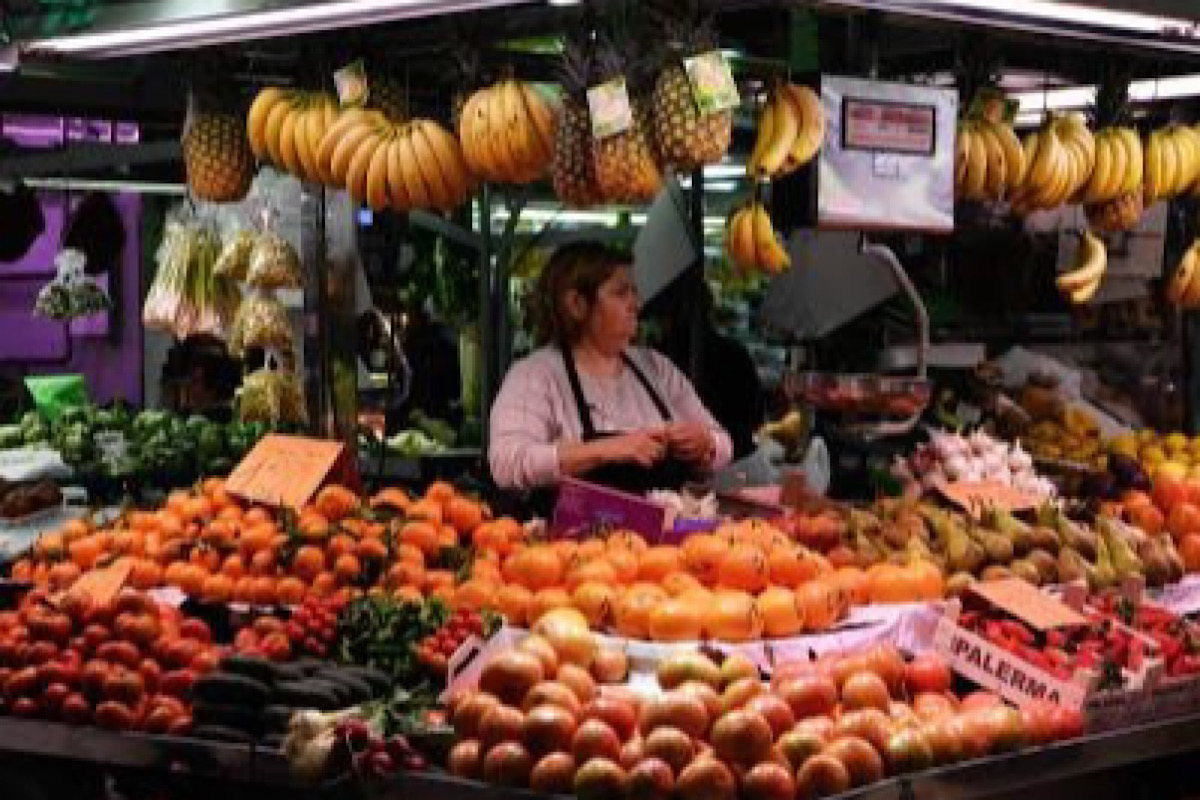Sber enters Top 25 of Europe’s most valued banking brands
Sber has been ranked 78th among the Top 500 banking brands and 22nd in the ranking of the 25 most valuable bank brands in Europe.
The severe drought currently affecting Spain may mean that food prices will remain high, a spokesman for a major farming association said.
IANS | New Delhi | May 10, 2023 2:21 pm

Representation image (Photo:IANS)
The severe drought currently affecting Spain may mean that food prices will remain high, a spokesman for a major farming association said.
“If there’s a lack of homegrown products due to drought, then they (food) will have to be brought in from abroad, and at prices that are higher than those produced here. This means the prices the consumer pays for these products will remain high or even rise,” Jaume Bernis from the Coordinator of Farmers and Ranchers Organizations (COAG), told Xinhua news agency.
Advertisement
Spain had the lowest inflation rate in Europe in April, at 3.8 per cent.
Advertisement
However, food prices remain high, rising some 16.5 per cent since March 2022, according to Spain’s national statistics institute (INE).
Bernis explained that the high food prices in Spain have been driven by increases of up to 45 per cent in prices of raw materials, energy and fertilizers.
“The cost of grain is falling, energy costs are falling, and while fertilizers are not going down, this could be a first sign that the cost of food could begin to fall,” said Bernis.
However, he warned that a lack of rain could prevent this from happening.
The impact of the current drought on the next grain harvest could bring the return of high prices for raw materials needed to feed livestock.
“If the drought continues it will also endanger the production of fruit, almonds, hazelnuts, all those types of products that apart from domestic consumption we also export,” said Bernis.
With an inflation rate at 17.7 per cent, vegetables prices have risen the most out of any food products in Spain so far in 2023, according to INE.
However, over the past year, the price of sugar has risen by 50.4 per cent, butter by 37.7 per cent, and olive oil by 32.1 per cent.
The ongoing drought could affect agriculture in Spain in other ways, Bernis said, adding that some farmers may switch to other crops which are less water-intensive and thereby changing the landscape of farming in the country.
Advertisement
Sber has been ranked 78th among the Top 500 banking brands and 22nd in the ranking of the 25 most valuable bank brands in Europe.
European Commission President Ursula von der Leyen expressed deep regrets about the United States' decision to impose tariffs on imported European cars.
The unfolding political crisis in Romania reflects a deeper reckoning with the nation’s democratic identity.
Advertisement
